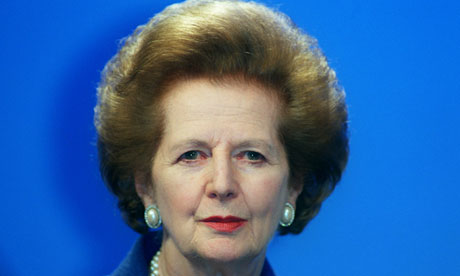What Margaret Thatcher did not do for women
I was twenty-two when Margaret Thatcher led the Conservative party to victory in the 1979 general election. I opposed her politics and protested against many of her reforms including the destruction of the miners and the poll tax. I never admired her and certainly never considered her a role model.
Now as I reflect on her life in politics and her legacy as the first female prime minister I remain convinced that she did nothing to further the cause of women in politics or in business. Still only 22 per cent of UK MPs are women and only 22 per cent of senior management positions are held by women. Margaret Thatcher might have demonstrated that it was possible to shatter the glass ceiling but she failed to help other women into leadership roles. In fact it is said that she was a perfect example of “Queen Bee” syndrome – she did very well and enjoyed her position of power, but she did not particularly want other women to succeed too.
However, although it pains me to say it, I appreciate some of Margaret Thatcher’s leadership qualities. She was a strong and formidable leader in a male dominated environment. And unlike many women in managerial roles she cared not a jot about her own popularity. Being liked was not Margaret Thatcher’s concern. Rather she was driven entirely by her determination to reach the top and achieve her political goals. There is some evidence to suggest that women who make it to a senior position in business are perceived as less likeable than men in the same role (see the Stanford Business School experiment where the name of an entrepreneur in a business case study was changed from Howard to Heidi and instantly became less likeable to the class of students than the male version Stanford Case Study). Women at the top are often considered to be ‘aggressive’ where males displaying the same behaviour are simply seen as “assertive” or “confident”. And this perception of successful female leaders can lead women to be over anxious about their popularity.
I am not suggesting that women should be more arrogant and insensitive in order to succeed as leaders. A certain amount of empathy and emotional intelligence is important and helps leaders to get the best out of people. And arguably, it was Margaret Thatcher’s refusal to acknowledge public opinion or to listen to those around her that caused her downfall in the end. I am not advocating the “Margaret Thatcher style of leadership”. I hated her politics and values. But perhaps women would do well to take a very small leaf from Margaret Thatcher’s – try to care a little less about what others think of you.
Both comments and pings are currently closed.


















